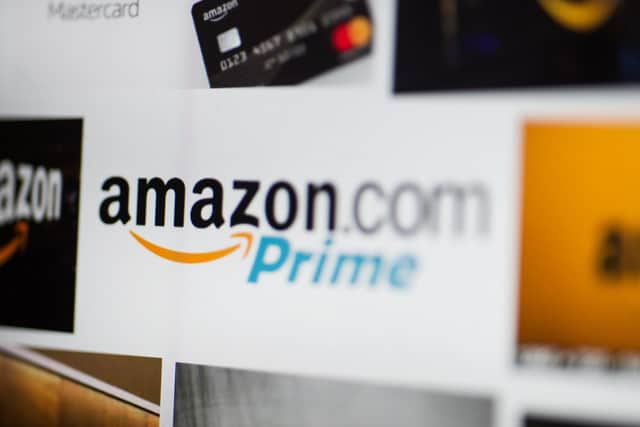Amazon and Netflix switch-off: How ditching streaming can save you £500 and make you a happier person
Well, that’s that Amazon. After more than six years as a loyal subscriber to the internet behemoth’s Prime TV and movie streaming service I’ve bid farewell. And, going by the backlash to its latest attempt at profiteering (ironic when it pays so little UK tax), I am clearly not alone.
The departure has been stoked by Amazon’s decision to start including “limited” advertisements during its streaming output, while offering a new ad-free option, providing you are willing to cough up an extra £2.99 a month, on top of the regular £7.99 monthly payment - in effect a 37 per cent increase to maintain the status quo.
Advertisement
Hide AdAdvertisement
Hide AdIt’s a case of the straw wot broke the camel’s back as far as I’m concerned, after a previous price increase, and brings a curtain down on my whole streaming experience. I’d already cancelled rival service Netflix after price hikes, some all-too generic box-set content and any movies that I did enjoy being removed before getting the opportunity to re-watch.


I doubt very much that the streaming bubble is going to burst because of my actions, even if the customer churn caused by recent changes does gather momentum. Streaming is convenient, often accessible across multiple devices and provides sufficient couch-slumping enjoyment for the masses. But there is next to zero user control and certainly zero ownership.
I’ve come to the conclusion that it ain’t for me and there is another route movie and music lovers like me can go down. Cancelling Prime, Netflix (the pricey 4K service, in my case) and a music streaming subscription with Qobuz (a fancy, sweeter sounding alternative to Spotify) is going to save me just over £500 a year - a substantial figure that makes the annual BBC licence fee for a largely ad-free experience look pretty decent value.
It’s also a useful sum to have available to spend on DVDs, music CDs and even the odd bit of vinyl. Old-school physical media that I have absolute control over, that doesn’t rely on endless updates or a stable internet connection and which can be enjoyed with little more than the pressing of a play button, or dropping of a needle, time and again.
I suspect many who have made the switch to streaming have piles of silver discs kicking about. Dig ’em out and give them a spin again - you might enjoy rewinding a couple of decades. No player, I hear you cry. No problem. You can pick up a basic DVD machine for as little as £20 brand new (it will just as easily play all of those compact discs as well), or take a poke about the electrical section of your nearest charity shop.
On the subject of thrift, those same second-hand stores are great places to rummage around for used music and movies for less than a pound a pop in many cases. Likely ticks more green boxes too, all that recycling of hand-me-downs instead of fuelling the explosion of energy-zapping server farms.
So, thanks Mr Bezos. By ending my streaming journey, I feel a little more liberated, and more than a little better off.
Comments
Want to join the conversation? Please or to comment on this article.